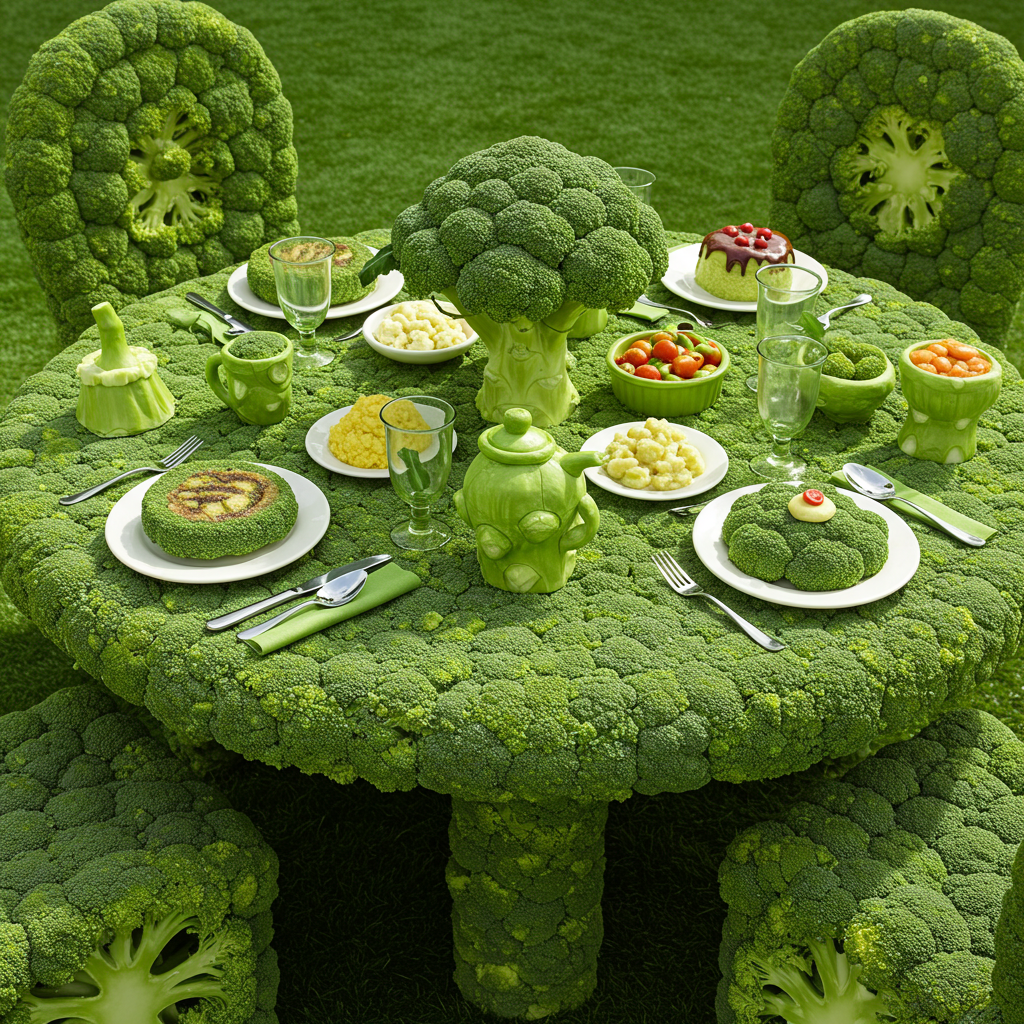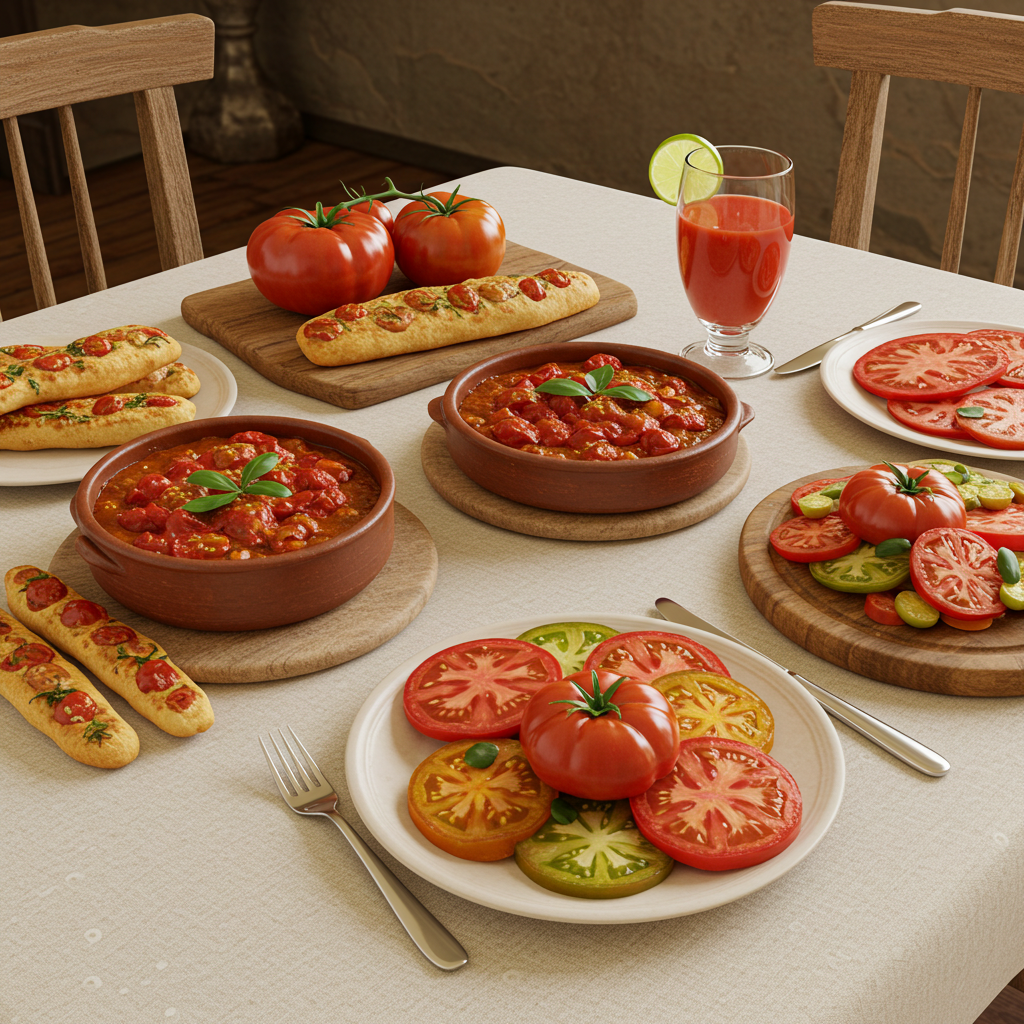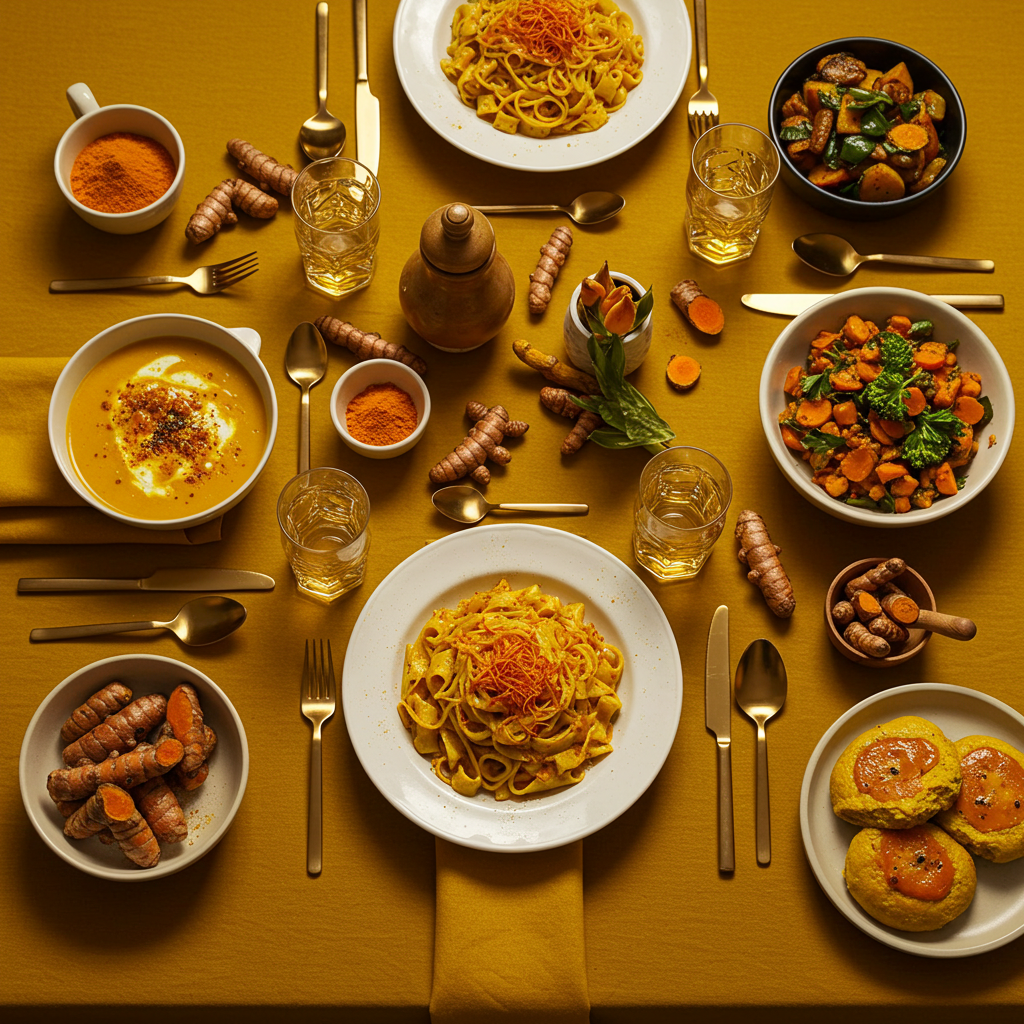통합 검색
통합 검색
- 작성자 관리자
- 조회수 154
Dietary Revolution for Cancer Prevention: Powerful Anti-Cancer Foods in Your Daily Life
In modern society, cancer is no longer someone else's story. According to the latest statistics from the National Cancer Center, about 4 out of 10 Koreans will be diagnosed with cancer during their lifetime. The cancer incidence rate has increased by an average of 3.3% over the past decade, consistent with global trends.
The causes of cancer are diverse, ranging from genetic factors to environmental factors and lifestyle habits. Among these, dietary habits are an important factor that we can actively manage. According to the World Health Organization (WHO), approximately 30-50% of all cancer occurrences can be prevented through a healthy lifestyle and dietary adjustments.
"The food we eat is not just a source of nutrition but can be a powerful weapon against disease. Regular consumption of foods with anti-cancer properties can reduce the risk of cancer by up to 20%." - Korean Cancer Society

The Key to Cancer Prevention: The Power of Antioxidant Foods
Foods effective in preventing cancer are mostly rich in antioxidant components. Antioxidants help remove free radicals that cause cell damage and aging in our bodies. When free radicals accumulate excessively, DNA can be damaged, which can be the starting point for cancer cell formation.
Many anti-cancer foods also contain plant chemicals called phytochemicals. These help inhibit the growth of cancer cells, strengthen the immune system, and reduce inflammation.
Six Powerful Anti-Cancer Foods Easily Found in Everyday Life
1. Green Onions - A Reliable Ally in Preventing Stomach Cancer
Green onions are an indispensable ingredient in our diet and contain powerful antioxidants. According to research by the Korean Cancer Society, people who regularly consume green onions have a 25% lower risk of developing stomach cancer compared to those who don't.
The green leaf portion of green onions contains 48IU of vitamin A per 100g, more than twice that of tomatoes (22IU). Additionally, the allyl sulfide compounds in the white stem produce the distinctive spicy aroma while exerting a strong sterilizing effect. These compounds help inhibit the growth of Helicobacter pylori bacteria, contributing to stomach cancer prevention.

2. Broccoli - The Anti-Cancer Champion of Cruciferous Vegetables
Broccoli is a food with excellent anti-cancer effects among cruciferous vegetables. Sulforaphane, abundant in broccoli, has been shown to inhibit cancer cell growth and induce apoptosis.
According to research from the National Cancer Institute, people who consume broccoli more than 3 times a week show a 27% decrease in the risk of developing colon cancer. Broccoli also helps regulate excessive estrogen levels, a risk factor for breast cancer.
Broccoli preserves its anti-cancer components best when blanched or cooked for less than 5 minutes. Be careful not to overcook as nutrients can be destroyed.

3. Garlic - A Thousand-Year Medicine and Anti-Cancer Food
Garlic contains a compound called allicin that provides powerful anti-cancer effects. According to research from the World Cancer Research Foundation (WCRF), people who regularly consume garlic show a reduction in stomach cancer risk by up to 33%.
Garlic also promotes overall health through immune enhancement and anti-inflammatory action. Allicin is maximally activated when garlic is chopped and exposed to air for 10-15 minutes. Consuming just 1-2 cloves of garlic daily can provide cancer prevention benefits.

4. Tomatoes - A Treasury of Lycopene
Lycopene, abundant in tomatoes, is a powerful antioxidant that is particularly effective in preventing prostate cancer. According to analysis by Harvard Medical School researchers, men who consume tomatoes more than 5 times a week show a reduction in prostate cancer risk by about 20%.
Interestingly, the bioavailability of lycopene increases 2.5 times when tomatoes are heated compared to eating them raw. Also, when consumed with healthy fats like olive oil, lycopene absorption increases up to 4 times. It's beneficial to consume tomatoes in the form of sauce or soup.

5. Turmeric - Golden Anti-Cancer Power
Curcumin, the yellow pigment in turmeric, has powerful anti-inflammatory and antioxidant effects. According to research from the Texas MD Anderson Cancer Center, curcumin inhibits cancer cell growth, induces apoptosis, and shows some degree of effectiveness against almost all types of cancer.
In particular, curcumin helps prevent cancer cell growth and spread by inhibiting the activity of NF-κB, an inflammation-related protein. However, curcumin in turmeric has low absorption on its own, but when consumed with black pepper or fried in oil, its bioavailability can increase by 2000%.

6. Onions - Tearfully Good Anti-Cancer Food
Quercetin, abundant in onions, is a powerful antioxidant effective in preventing various cancers. According to research by the Korean Cancer Prevention Society, people who consume onions more than 7 times a week show a reduction in colon cancer risk by about 20%.
Kaempferol in the red skin of onions prevents inflammation and allergies and has excellent anti-cancer effects. Onions best preserve their anti-cancer components when eaten raw, so it's good to include them in salads or sandwiches.

Food Combinations and Consumption Methods to Maximize Anti-Cancer Effects
| Food | Recommended Intake | Optimal Consumption Method | Synergistic Combinations |
|---|---|---|---|
| Green Onions | 3-4 times per week, 30g per serving | Lightly blanched or stir-fried | Consume with garlic and ginger |
| Broccoli | 3+ times per week, 80g per serving | Lightly blanched or steamed (under 5 minutes) | Consume with tomatoes and olive oil |
| Garlic | 1-2 cloves daily | Chopped and left for 10-15 minutes before consumption | Consume with onions and ginger |
| Tomatoes | 5+ times per week, 1 medium tomato per serving | Heated cooking (sauce, soup, etc.) | Consume with olive oil and broccoli |
| Turmeric | 1/2-1 teaspoon daily | Fried in oil, consumed with pepper | Consume with black pepper and healthy fats |
| Onions | 7+ times per week, 1/4 onion per serving | Raw consumption recommended | Consume with garlic and tomatoes |
Practical Strategies for Anti-Cancer Diet
Dietary habits for cancer prevention are not a short-term diet but a lifestyle change. Here are practical strategies to easily incorporate an anti-cancer diet into your daily life:
- Create a colorful diet: Consuming various colored vegetables and fruits provides diverse phytochemicals. It's good to consume foods of at least 5 different colors daily.
- Consume cruciferous vegetables 2+ times per week: Cruciferous vegetables like broccoli, cabbage, and cauliflower have powerful anti-cancer effects.
- Improve cooking methods: Choose cooking methods like steaming, baking, or blanching rather than frying. Cooking at high temperatures for extended periods can generate carcinogens.
- Utilize anti-cancer spices: Spices like turmeric, ginger, garlic, and pepper have excellent anti-cancer effects, so actively use them in cooking.
- Reduce processed foods: Processed meats, fast food, and snacks can increase cancer risk, so it's best to minimize them.
Lifestyle Management Beyond Diet for Cancer Prevention
Along with dietary habits, managing the following lifestyle habits is also effective in preventing cancer:
- Regular exercise: 150+ minutes of moderate-intensity exercise per week reduces cancer risk by 15-20%.
- Maintaining appropriate weight: Obesity increases the risk of more than 13 types of cancer.
- Smoking cessation: Smoking is associated with the occurrence of more than 15 types of cancer, not just lung cancer.
- Moderate alcohol consumption: Excessive drinking increases the risk of more than 7 types of cancer.
- Stress management: Chronic stress can impair immune function, increasing cancer risk.
Conclusion: Cancer Prevention Starting from the Dining Table
Cancer is a fearsome disease, but a significant portion can be prevented through our daily food choices. Consistently consuming anti-cancer foods such as green onions, broccoli, garlic, tomatoes, turmeric, and onions in daily life is the easiest and most effective way to prevent cancer.
The World Health Organization emphasizes that "at least 30% of cancer prevention is possible through diet." Changes in healthy dietary and lifestyle habits may not show immediate effects, but in the long term, they become the strongest foundation for a healthy life.
Starting today, add one anti-cancer food to each of your three daily meals. That is the first step toward a healthy future.
"Despite advances in modern medicine, the most effective medicine for cancer prevention still lies on our dining tables." - Korean Cancer Prevention Society
댓글 0